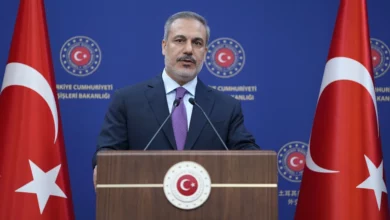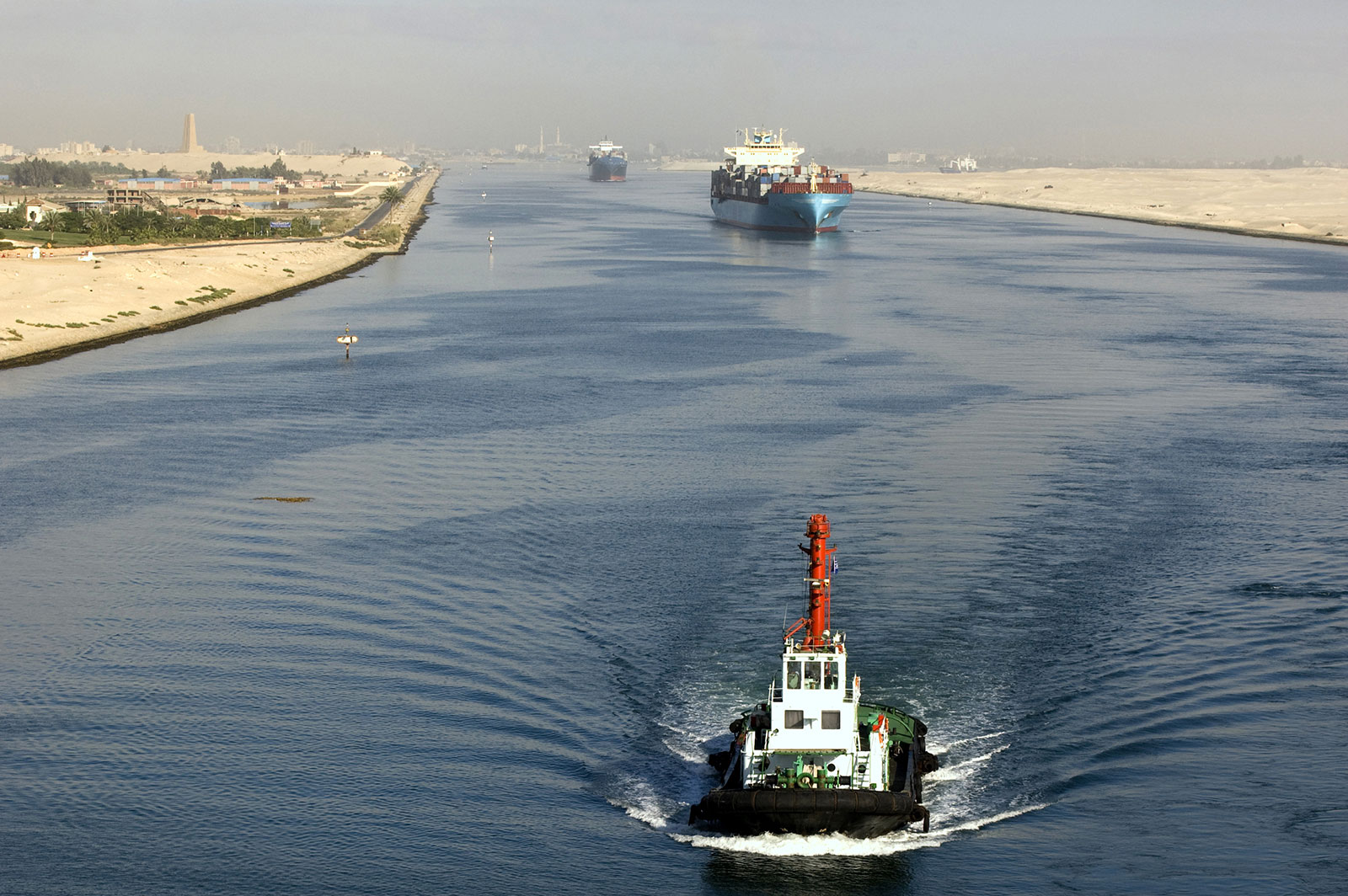The Freedom and Justice Party (FJP) has an economic plan to reinvigorate the Egyptian economy and make it stronger than those of Turkey and Malaysia within seven or eight years, an economic expert for the Muslim Brotherhood's party said.
Mohamed Gouda, a member of the FJP's economic committee, said the program is based on respect for full economic freedom, the different forms of property ownership and the establishment of a robust state that protects competition and prevents monopolistic practices.
The program would revamp Egypt's infrastructure and take care of the poor. The FJP also plans to implement a large-scale national project to achieve comprehensive sustainable development and social justice, Gouda said at a conference for the Federation of Egyptian Industries.
He said the FJP is also examining the possibility of growing 3.5 million feddans in the North Coast, Sharq al-Owainat and Sinai using underground water sources. This project, he said, would also work to correct the distorted distribution of the population.
The FJP is interested in developing the software industry in a way similar to that of India, whose software and technological exports amount to US$160 billion, Gouda said.
The role of endowment and "zakat" institutions should be activated, particularly because they generate at least LE60 billion annually, he said. Zakat is one of the five pillars of Islam and involves "purifying" one's wealth by donating a portion to charity.
Gouda said the party has ideas on how to finance the budget deficit, such as re-evaluating energy subsidies — estimated at LE50 billion — of which 60 percent goes to energy-intensive industries. He also said reviewing natural gas agreements could generate at least US$20 billion for Egypt.
The export subsidy should also be reconsidered because it likely does not reach its target beneficiaries, he said.
Homes should also be hooked up to natural gas to reduce consumption of butane gas and diesel fuel.
Gouda estimated that implementing these ideas could save Egypt more than LE100billion annually.
Translated from Al-Masry Al-Youm




